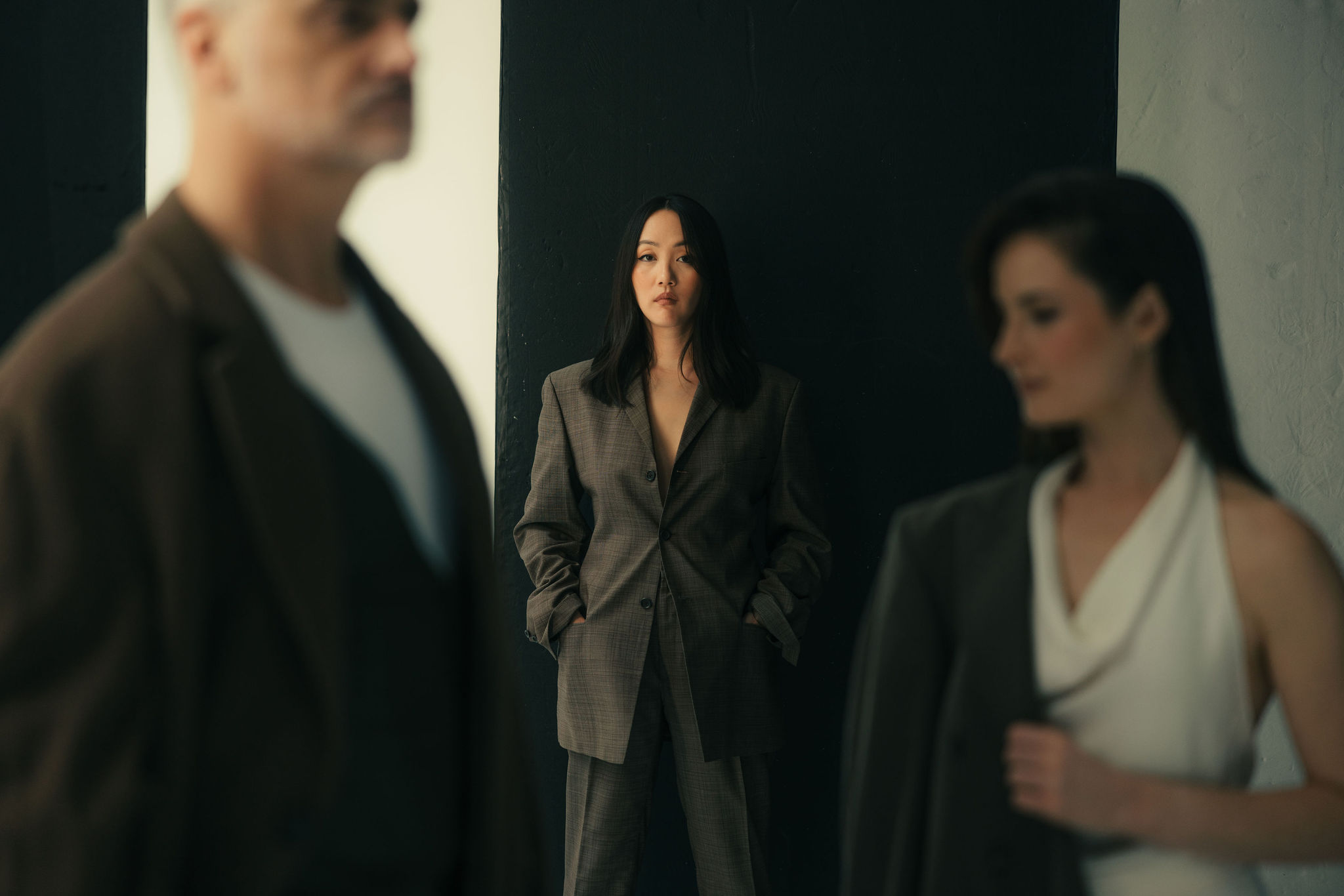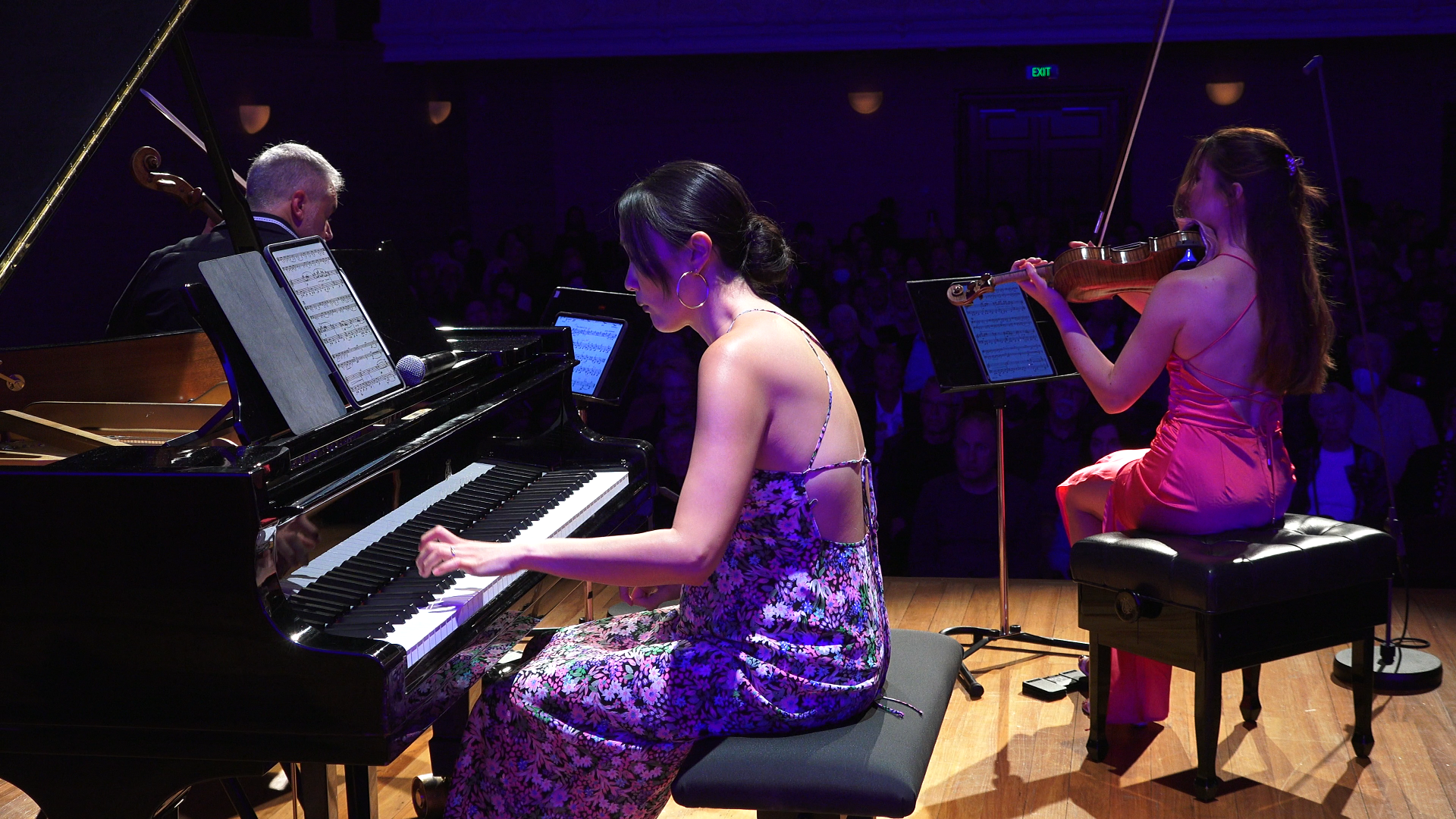This was a vivid, committed performance from four highly skilled musicians that went right to the heart of the music, which will surely live long in the memory of those privileged to be present.
Peter Williams, Hawkes Bay Today – 25th July 2016
Major interest in this concert was the performance of Quartet For The End of Time by Messiaen – composed and first performed with Messiaen as the pianist while a prisoner of war ” vastly different for this performance in elegant surroundings played on superb quality instruments.
Messiaen was deeply religious and mystical in character, aspects that are reflected in the eight extraordinary movements which make up this unique composition.
Nature, and particularly birdsong, feature strongly in Messiaen’s compositions. The clarinet and violin in the opening movement, Liturgy of crystal, evoked the sound of blackbirds and nightingales, while in the third movement, Abyss of the birds, the clarinet playing transfixed the audience with the incredible stillness created and the sound rising from silence.
The combination of all four instruments in the Furious dance for the seven trumpets , with its fierce rhythmic motifs and vast range of dynamics, was a powerful statement.
A sense of ecstasy was never far away, clearly expressed in the playing of the cello and piano in praise of the eternity of Jesus and the piano and violin, with the expansive soaring phrases of the final movement, In praise of the immortality of Jesus.
This was a vivid, committed performance from four highly skilled musicians that went right to the heart of the music, which will surely live long in the memory of those privileged to be present.
The newly commissioned work by New Zealand composer Ross Harris, There may be light, was the perfect prelude to the Messiaen work.
Here the composer created a unique, fragile sound world – ever questioning in character, somewhat uncertain, always restrained – drawn together in a performance that had a real sense of understanding and purpose.
Julian Bliss’ explanation of the sound of “multi phonics”, the production of more than one note from a solo instrument, enhanced the performance.
The Brahm’s Trio for Clarinet, Cello and Piano in A Minor Op 114 made a fine opening to the concert.
Throughout, the performance was permeated with the special warmth of tone that is often associated with the composer’s music, with always a finely graded range of dynamic colour. There were beautifully played solo passages from each of the players within all four movements, with some particularly virtuosic passages in the final movement.
Peter Williams, Hawkes Bay Today – 25th July 2016

